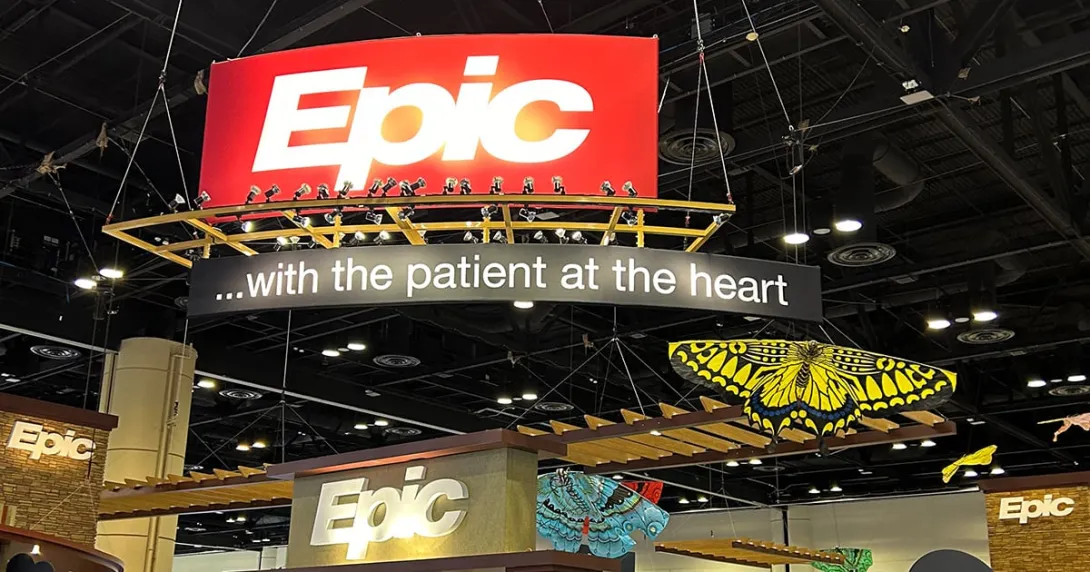A new report from KLAS suggests that Toshiba could be a fourth contender, competing with GE, Siemens and Phillips, for healthcare imaging contracts.
The report also notes the company has some challenges ahead in keeping up with the other three.
“Toshiba: Earning a Seat at the Table,” was published in order to answer questions about the Japan-based technology company’s medical imaging products, said KLAS officials. Many of the company’s solutions have received good KLAS performance marks despite a relatively new presence in the U.S. healthcare market.
“Toshiba’s CT leapfrog from 64 to 320 detectors with the AquilionONE is turning heads,” said Kirk Ising, KLAS' research director for medical imaging/medical equipment and author of the report. “Providers have consistently reported that the Aquilion line of CT scanners has proven to be reliable and capable of high image quality – plus, it is often priced lower than competitive offerings.”
Toshiba has set its medical imaging technology as the workhorse in the company’s drive for recognition in the U.S healthcare market.
According to the report, about 55 percent of hospitals executives surveyed said they would consider Toshiba's computed tomography solutions, putting the vendor’s Aquilion product in competition with solutions from GE (68 percent), Siemens (58 percent) and Philips (40 percent).
Magnetic resonance imaging markets also provide an inlet for Toshiba, KLAS said, thanks to the slow but steady growth of its Vantage MR line and, in particular, the availability of a wide-bore option for claustrophobic or bariatric patients. The report indicates Toshiba has pulled even with Philips, as 37 percent of executives would consider Toshiba's MRI product, compared to 38 percent for Philips, while GE and Siemens still lead the market.
The report suggests that Toshiba's success in the CT and MRI markets is due in part to strong customer service. When compared to the other vendors, KLAS officials said, Toshiba scored 4 to 5 points higher on the KLAS 100-point scale.
Several challenges still face Toshiba in becoming a major player in the healthcare market, the report said. The company is far behind in its cardiac technology offerings, the report notes, and it lacks an offering in digital mammography and nuclear medicine.
“At this point, Toshiba cannot be considered as an exclusive partner candidate for all major imaging needs due to a few noteworthy holes in its portfolio, as well as the company’s low brand recognition in cardiology,” Ising said. “However, imaging departments are finding individual areas to entrust to Toshiba, and as they do, most are reporting a very positive experience.”


